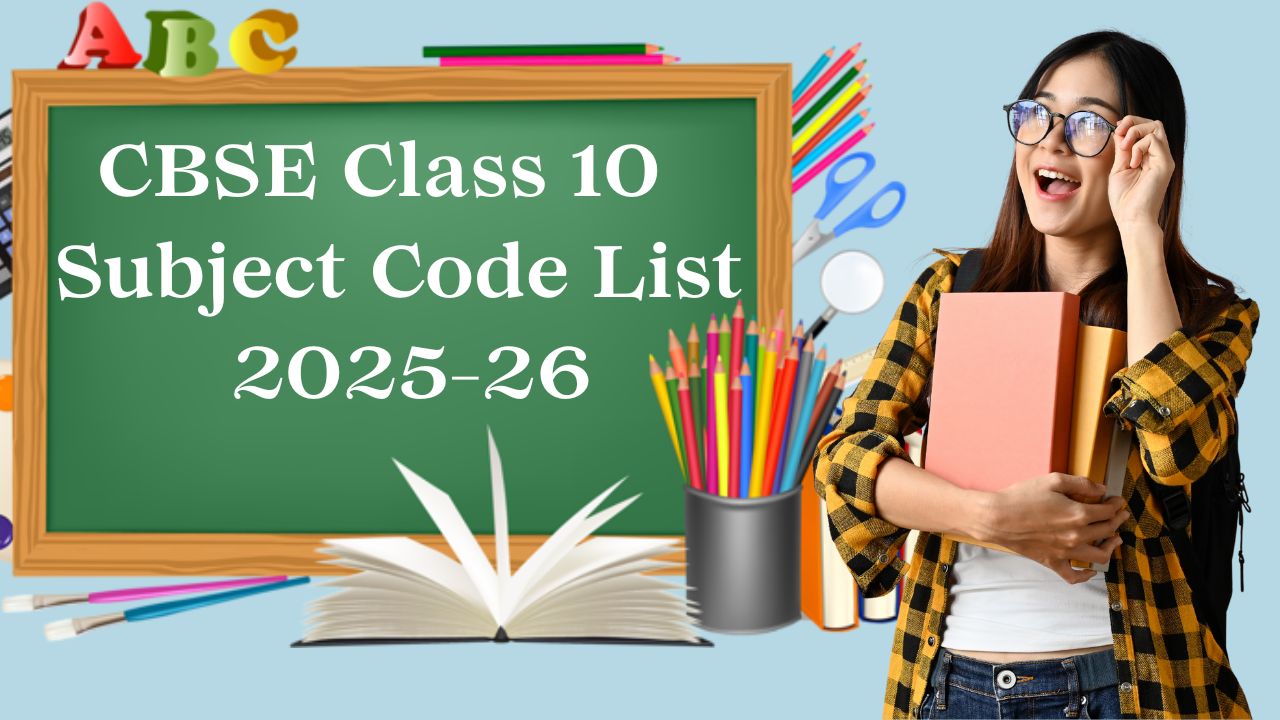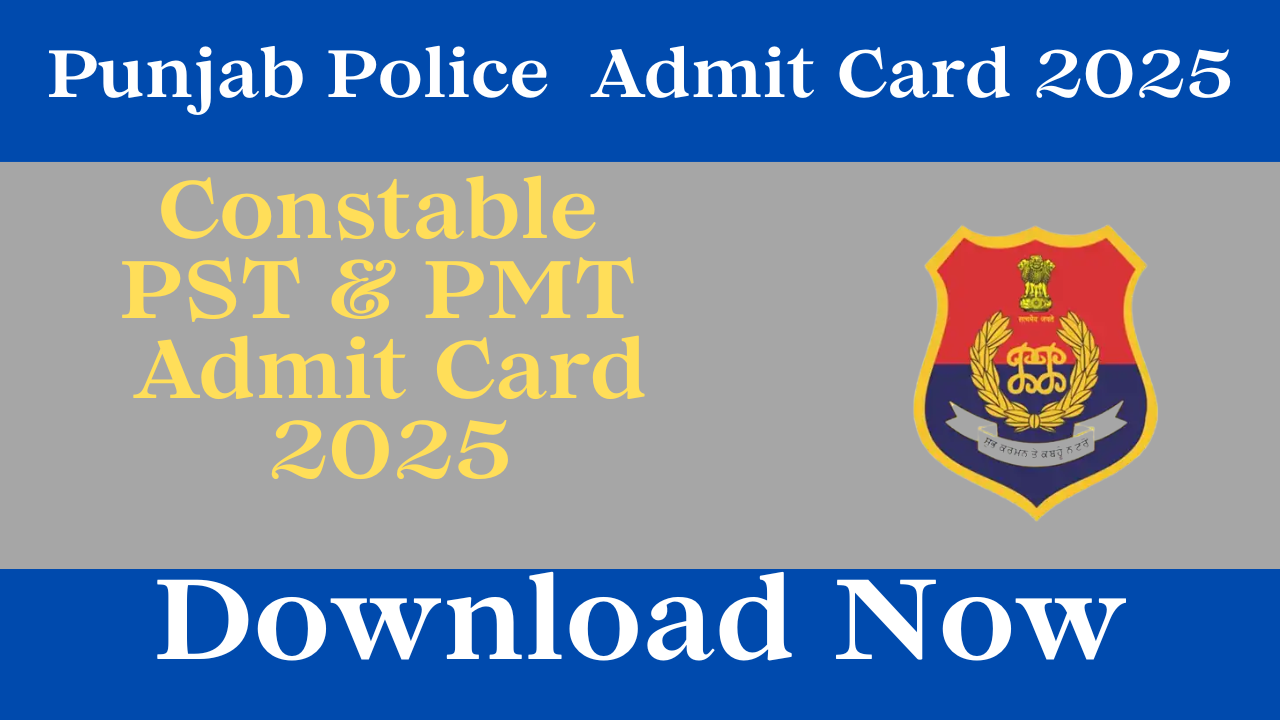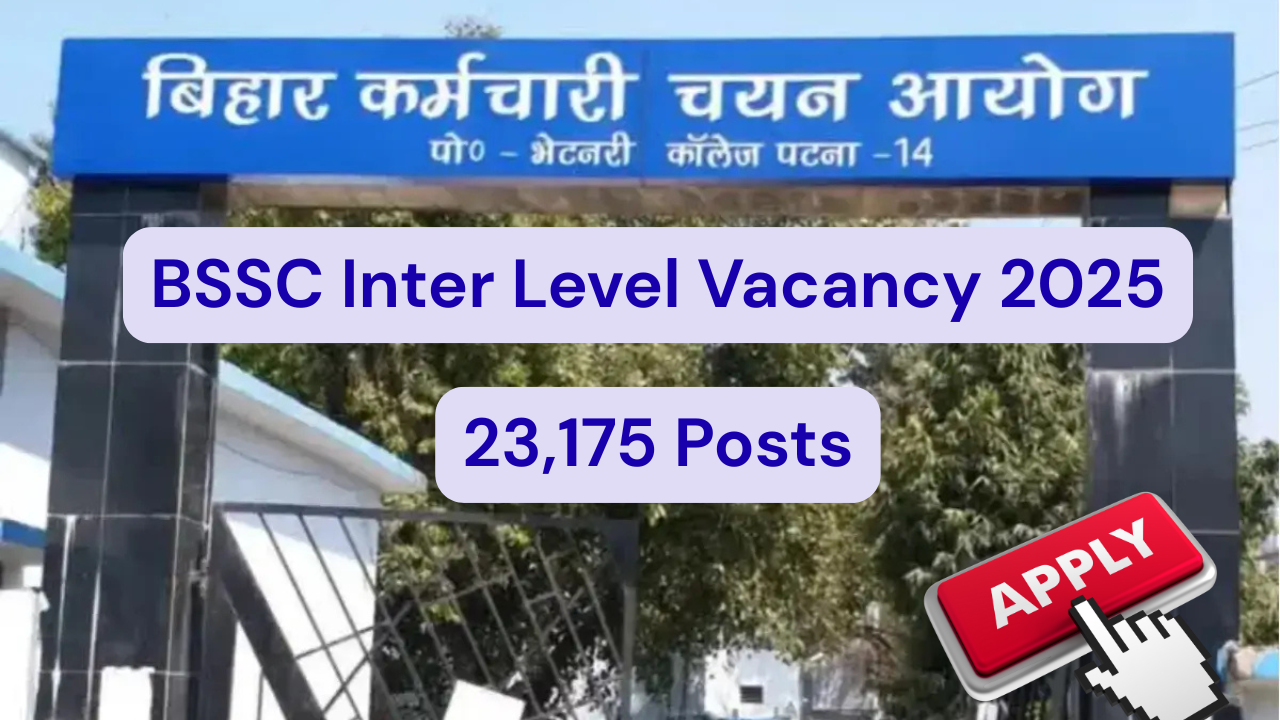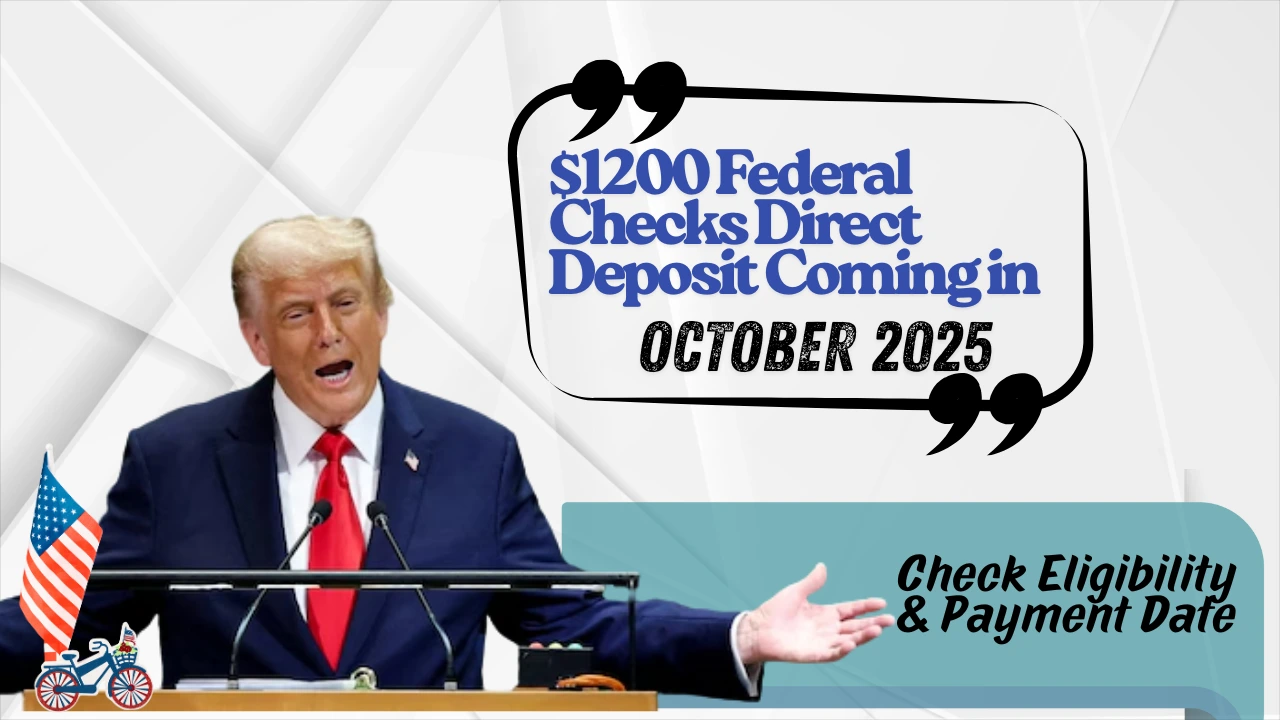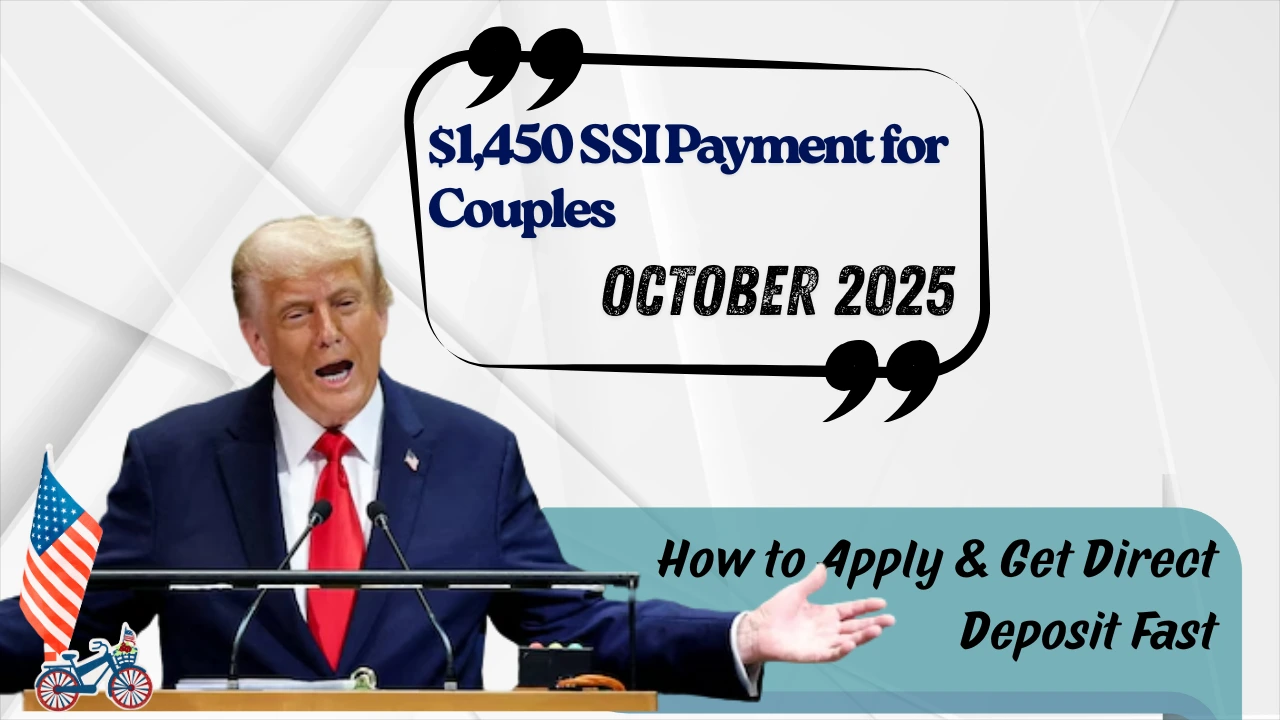When it comes to preparing for the CBSE Class 10 Board Exams 2026, students need to be aware not just of the syllabus and exam pattern but also the CBSE Subject Codes. These subject codes are crucial during registration, admit card verification, and while appearing in board exams. Even a small error in subject codes can create confusion, which is why students must have a clear understanding of the CBSE Class 10 subject codes 2026.
This guide provides you with a detailed list of CBSE subject codes for Class 10, their importance, exam pattern, subject-wise weightage, and FAQs to help students avoid mistakes during their preparation and examination process.
Why Are CBSE Subject Codes for Class 10 Important?
Each subject in CBSE is assigned a unique code by the Central Board of Secondary Education (CBSE). These codes are printed on the registration forms, admit cards, mark sheets, and certificates. Here’s why subject codes matter:
- Accurate Registration – Ensures that you select the right subject during registration.
- Admit Card Verification – Subject codes are mentioned on admit cards to avoid mismatches.
- Syllabus & Exam Pattern – Helps students identify the correct subject syllabus and marking scheme.
- Error-Free Documentation – Prevents mistakes in official CBSE records.
For example, Mathematics has the code 041, Science has the code 086, and English has the code 184. Remembering these codes can make the exam process smoother.
Also read: CBSE 2026 Exam Rules: New Board Exam Structure, Attendance & Guidelines
Complete List of CBSE Subject Codes for Class 10 (2026)
The table below covers language, core, elective, and skill-based subjects with their official subject codes:
| CBSE Subject Code | CBSE Class 10 Subject Name |
|---|---|
| 002 | Hindi Course-A |
| 003 | Urdu Course-A |
| 004 | Punjabi |
| 005 | Bengali |
| 006 | Tamil |
| 007 | Telugu |
| 008 | Sindhi |
| 009 | Marathi |
| 010 | Gujarati |
| 011 | Manipuri |
| 012 | Malayalam |
| 013 | Odia |
| 014 | Assamese |
| 015 | Kannada |
| 016 | Arabic |
| 017 | Tibetan |
| 018 | French |
| 020 | German |
| 021 | Russian |
| 023 | Persian |
| 024 | Nepali |
| 025 | Limboo |
| 026 | Lepcha |
| 031 | Carnatic Music (Vocal) |
| 032 | Carnatic Music (Melodic Instruments) |
| 034 | Hindustani Music (Vocal) |
| 035 | Hindustani Music (Melodic Instruments) |
| 036 | Hindustani Music (Percussion Instruments) |
| 037 | Psychology |
| 041 | Mathematics |
| 049 | Painting |
| 064 | Home Science |
| 076 | National Cadet Corps (NCC) |
| 085 | Hindi Course-B |
| 086 | Science – Theory |
| 087 | Social Science |
| 089 | Telugu – Telangana |
| 090 | Science Without Practical |
| 092 | Bodo |
| 093 | Tangkhul |
| 094 | Japanese |
| 095 | Bhutia |
| 096 | Spanish |
| 165 | Computer Applications |
Conclusion
The CBSE Subject Codes for Class 10 (2026) are essential for students to avoid mistakes during registration, admit card verification, and exams. Familiarity with these codes not only helps in organizing study plans but also builds confidence before the board exams.
Students preparing for CBSE Class 10 must regularly check the official CBSE updates and follow the prescribed syllabus to score well. By understanding the subject codes and exam pattern, students can make their exam preparation more structured and stress-free.
Also read: CBSE Class 12 Syllabus 2025-26 All Subjects: Download PDF & Exam Pattern
FAQs
1. What are CBSE Subject Codes for Class 10?
CBSE subject codes are unique numbers assigned to each subject by the Central Board of Secondary Education. They are used for registration, admit cards, mark sheets, and official records to identify subjects accurately.
2. Why are CBSE Subject Codes important for students?
They ensure error-free registration, smooth admit card verification, correct syllabus reference, and accurate documentation in CBSE’s official records.
3. Where can students find the official CBSE subject codes for Class 10?
Students can check the official CBSE website (www.cbse.gov.in), their school’s circulars, or the CBSE notification for the 2025–26 academic session.
4. Are the CBSE subject codes the same every year?
Most subject codes remain the same, but CBSE may add or revise codes for new subjects, skill-based courses, or electives each academic session.
5. What happens if a student enters the wrong subject code during registration?
An incorrect subject code can result in mismatched admit cards, wrong syllabus reference, or even errors on mark sheets. Students should immediately contact their school or CBSE regional office to rectify it.
6. Do CBSE subject codes affect exam patterns or marking schemes?
No, the codes themselves don’t affect the exam pattern or marking scheme; they simply identify the subject. However, knowing the right code ensures you’re preparing from the correct syllabus.
7. How can students remember CBSE subject codes easily?
Students can create a small chart or note in their study material, or use mnemonics to remember frequently used codes like 041 for Mathematics, 086 for Science, and 184 for English.
8. Are skill-based and vocational subjects also assigned CBSE codes?
Yes, all core, elective, and skill-based/vocational subjects offered by CBSE have unique subject codes listed in the official notification.
9. Do admit cards show both subject names and codes?
Yes, admit cards mention both the subject name and its code to avoid confusion during board exams.
10. Where can parents or students clarify doubts about CBSE subject codes?
They can contact the school’s examination in-charge, visit the official CBSE website, or call the CBSE helpline numbers for guidance.
